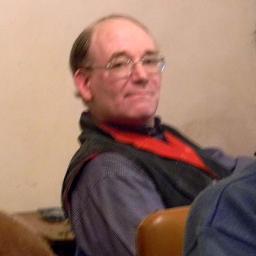Ethical Criticism of Art
Traditionally, there were two opposing philosophical positions taken with respect to the legitimacy of the ethical evaluation of art: ‘moralism’ and ‘autonomism’,
https://t.co/KqTql6yWpN
Metaphor and Phenomenology
The term “contemporary phenomenology” refers to a wide area of 20th and 21st century philosophy in which the study of the structures of consciousness occupies center stage...
https://t.co/VHxSZk75Or
Epicurus Will
Epicurus's will sets up a trust to support his school (an association which later became famous as “the Garden"), as well as his family and the children of prominent members of the school:
https://t.co/OU9dRQbAjP
Emmanuel Levinas -Ethics and the Other
Emmanuel Levinas was born in Kaunas, Lithuania in 1906. His parents were Jewish. Russian was the language of his early education, though he was also fluent in German...
https://t.co/bVWuNp8vqi
Popper and Non-Justificationism
Inductive inferences have observations as premises and theories as conclusions. They are notoriously invalid but often are deemed unavoidable. Critical rationalism views them as unnecessary....
https://t.co/WoYO5BWF3k
Social Contract Theory
Social contract theory, nearly as old as philosophy itself, is the view that persons’ moral and/or political obligations are dependent upon a contract or agreement among them to form the society in which they live.
https://t.co/BAJBur6qLe
The Plague in Athens
Throughout history, civilization has overcome natural and manmade challenges and adversities. Our histories are riddled with accounts of famines, wars, pestilences, and of course, plagues.
https://t.co/ihWpOORkHF
Feminist Standpoint Theory
Feminist standpoint theorists make three principal claims: (1) Knowledge is socially situated. (2) Marginalized groups are socially situated in ways that make it more possible for them to be aware of things and ask questions...
https://t.co/8Gk5P2AQmT



















